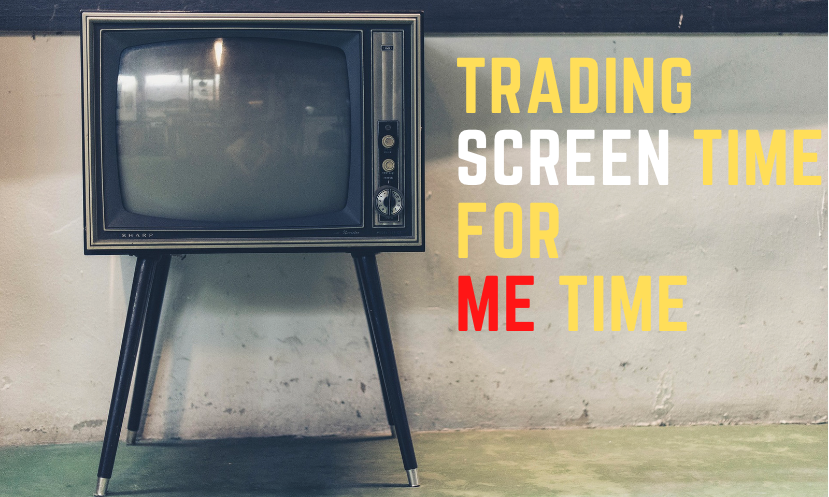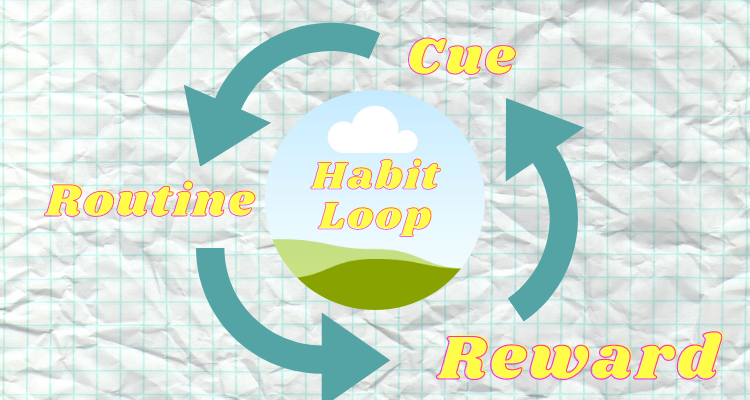Take Stock
Get your pen and a piece of paper and take 20 minutes out of your schedule. Ask yourself 2 questions
“What things do I want to improve upon in my life?”
“What would I work on first if I had 20 minutes to myself every day?”
The first question helps motivate change, and the second guides the form in which that change might come. Write down everything that comes up. This is a brainstorming session with no wrong answers or decisions to be made. This is not a time for the logical side to block responses. Let the creative (and intuitive) side have its say.
Process Your Thoughts and Narrow Down Options
Talk with a supportive member of your family, friend, parent or colleague. 18 years as a counselling therapist has taught me that ideas and feelings solidify when they come out of your mouth – it decreases ambivalence and clarifies your needs. You also need support and to know that someone has your back and can help hold you accountable to your decision. After this conversation, revisit your questions and make any changes you need to make. Commit to improving the part of your life you want to work on. Then decide for sure on what you are going to work on for that magical 20 minutes.
Decide on the Plan
Determine the morning you are going to start and how many days per week you will do it. Start with a small amount of time and increase it as it becomes easier. Decide at what time in the morning this is going to happen. The more specific you lay out your plan, the better your chances of it happening. (See the research here)
“I will wake up at ___ and work on ___ for ____ minutes ____ times per week.”
What time will you need to go to bed in order for this to work? You still need to get the proper amount of sleep to ensure you are functioning at a high level for the rest of your day. If it’s a 6:00 a.m. wake up, that’ll mean a 10:00 p.m. bedtime for most people.
There are plenty of resources out there to help you decide on what you’ll do with this valuable time. Check out books by Hal Elrod, Laura Vanderkam, or Robin Sharma for guidance. The categories include physical activity, reflection/meditation, writing/journaling, reading/learning. For a free JOURNALING RESOURCE CLICK HERE. In the end, it works best when your plan bubbles up from your own needs, and no one knows them better than you!
Preparing the Night Before is Key
Clear your path of things that might derail you, such as needing nice weather for your run, not having what you need when you wake up or a messy workout space. Before you go to bed get the things in place to support your routine and reduce the friction that can sidetrack habit forming. This will include having your morning routine space ready, having the things you need (exercise equipment, journal, book, yoga mat, music) in place, and not depending upon good weather for success.
Over time I learned that my success in the morning started the night before. I had my books set out in my space, workout clothes at the end of my bed, water bottle by the fridge, and coffee ready to brew. Doing my ‘set up’ before bedtime also cued my mind of what was coming up in the morning. I used to motivate myself by saying, “I’m part of the 5% of the world that wakes up early.”














